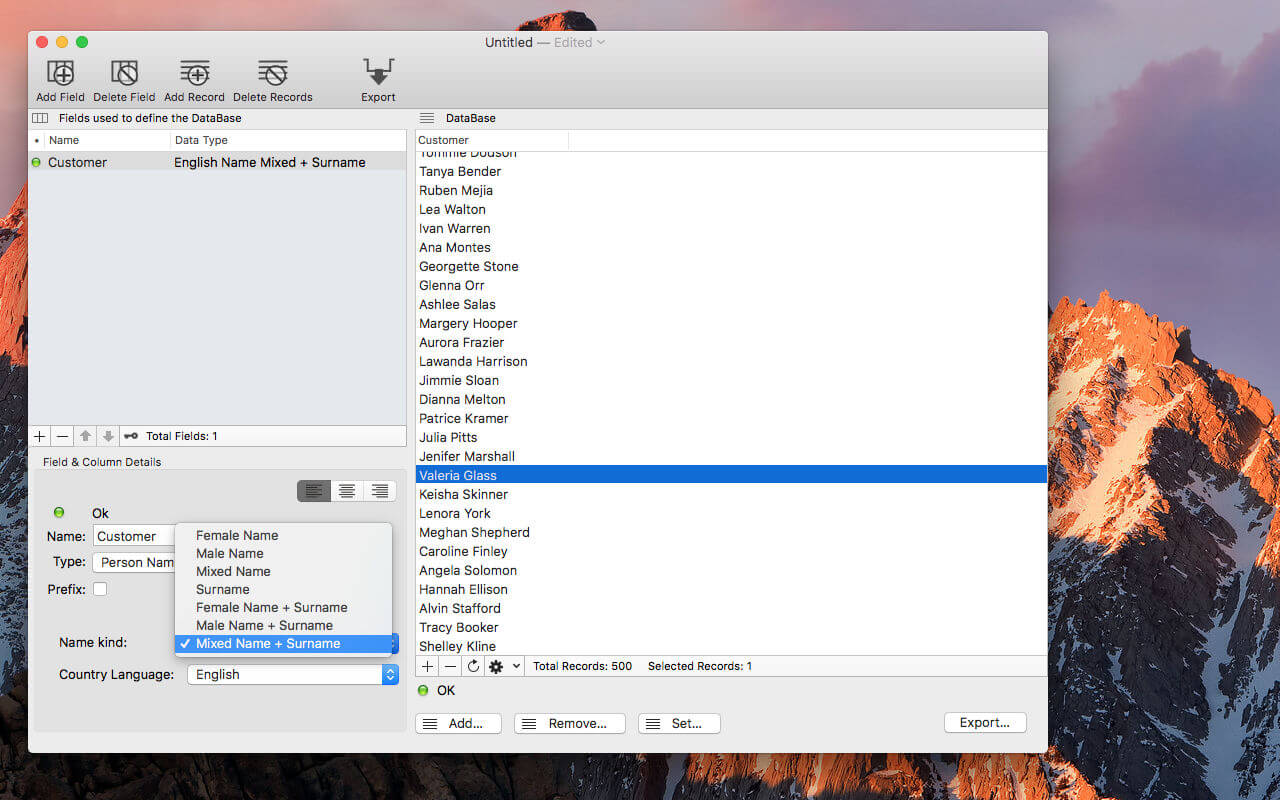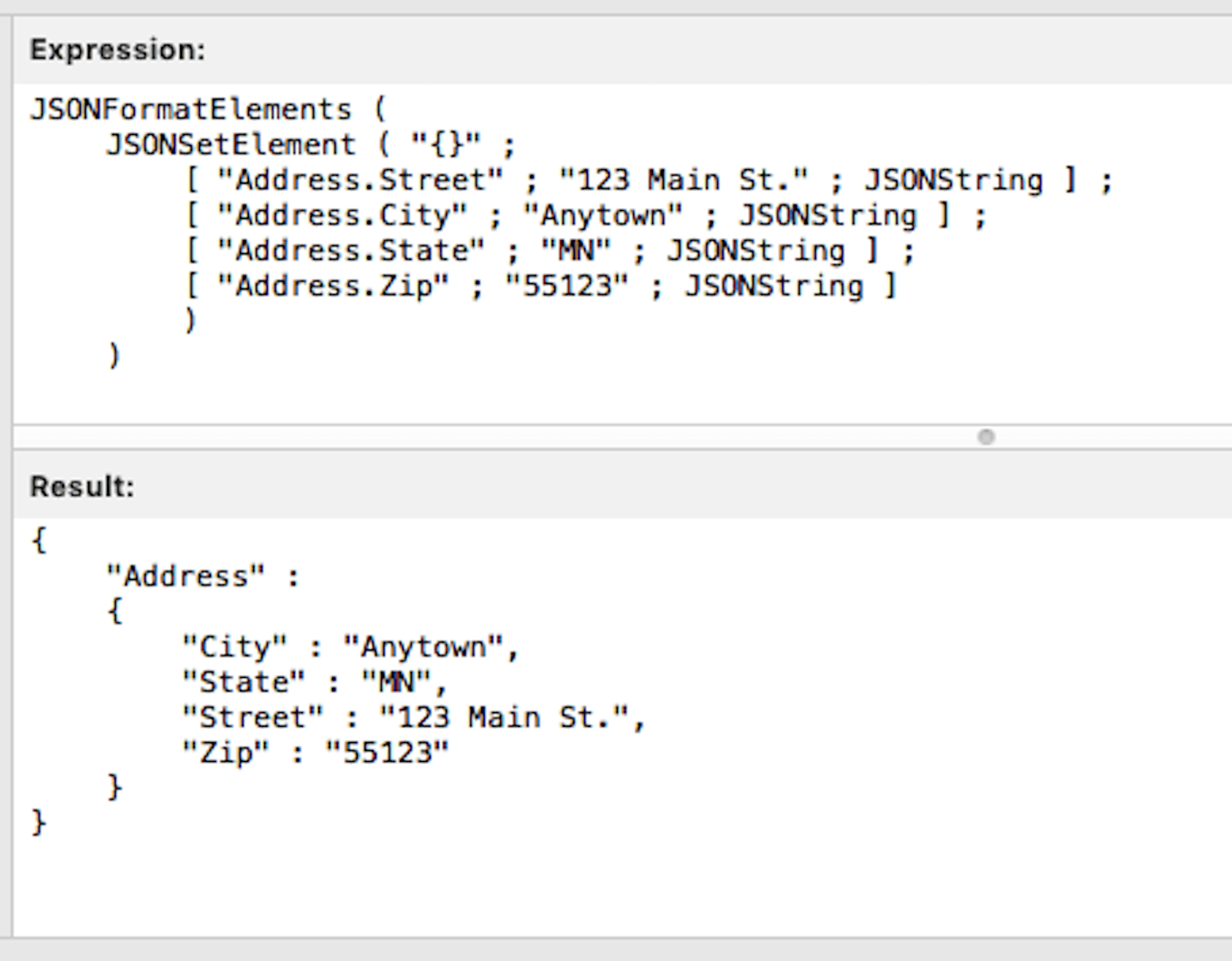

Comments Collection A Comments Collection consists of all theĬomments Resources within a specific Posts Resource. Posts Resources within a specific Blogs Resource. Posts Collection A Posts Collection consists of all the You can list Blogs by user, or retrieve a The Blogger JSON API data model is based on groups of resources, called collections: Blogs Collection A Blogs Collection consists of all the BlogsĪ user has access rights to. Overview of the relationships between resources Used to identify the Author of a Page, Post, or Comment. Users Resource: Represents a non-anonymous user.Pages Resource: Represents a static page each Pages.Post each Comments Resource is a child of a Posts Resource. Comments Resource: Represents a comment on a specific.Posts Resource: Represents a post each Posts Resource is.JSON API operates on five types of resources: For public blogs, readers may beĪnonymous, but on private blogs a reader must be identified by Blogger.Ī resource is an individual data entity with a unique identifier. Users: A user is someone who interacts with Blogger, be they actingĪs an Author, an Administrator, or just a Reader.Information that doesn't change very often. Information, or the ways to contact the user. Pages: A page is a place for static content, such as biographical.Post author react to what the author has written. Comments: A comment is the place where people other than the blog.It is understood that as time passes,īlog posts content ages and becomes less relevent. This information is meant to be timely, reflecting what the authors Posts: A blog post is the publishable item that the blog author hasĬreated.This is the container for blog meta-information like Blog Name and

Blogger JSON API background Blogger concepts Identifying your application in the Using the API document.
#JSON DATA CREATOR HOW TO#
When your application requests public data, the request doesn't need to beĪuthorized, but does need to be accompanied by an identifier, such as an APIįor information about how to authorize requests and use API keys, see Authorizing requests and When your application requests private data, the request must be authorizedīy an authenticated user who has access to that data. Learn about authorizing requests and identifying your application Programming concepts, and with web data formats. This document assumes that you're familiar with Blogger, with web If you're unfamiliar with Blogger concepts, read this document andĮxperiment with the user interface before Test account, then you're all set you can visit the Blogger user interface to set up, edit, or view your test data. Purposes to protect yourself from accidental data loss.

Recommend that you use a separate Google Account for development and testing Make sure that you have a Google Account set up.
#JSON DATA CREATOR FREE#
Planning on adding read/write capabilities, as well as other capabilities.įeel free to request other features on theīlogger Help Forum. This version of the Blogger JSON API is currently read-only however, we are If you want to retrieve data in XML format, then use the Blogger Data API. If you want to retrieve data from Blogger in JSON format rather than XML, then use the Blogger JSON API. The Blogger JSON API extends version 2.0 of the Blogger Data API. This document is intended for developers who want to write applications that


 0 kommentar(er)
0 kommentar(er)
